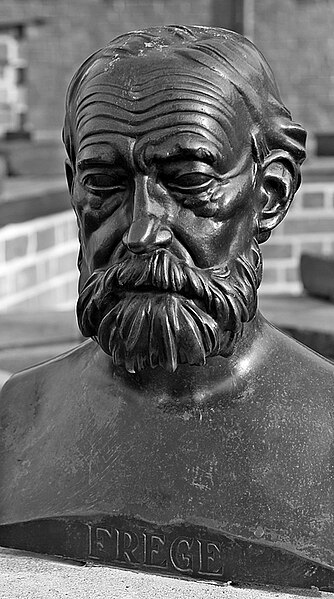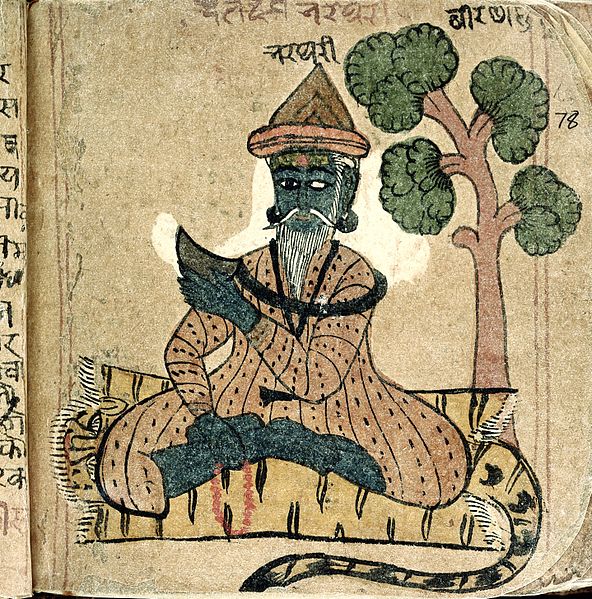Alfred Habdank Skarbek Korzybski was a Polish-American independent scholar who developed a field called general semantics, which he viewed as both distinct from, and more encompassing than, the field of semantics. He argued that human knowledge of the world is limited both by the human nervous system and the languages humans have developed, and thus no one can have direct access to reality, given that the most we can know is that which is filtered through the brain's responses to reality. His best known dictum is "The map is not the territory".
Alfred Korzybski
Semantics is the study of linguistic meaning. It examines what meaning is, how words get their meaning, and how the meaning of a complex expression depends on its parts. Part of this process involves the distinction between sense and reference. Sense is given by the ideas and concepts associated with an expression while reference is the object to which an expression points. Semantics contrasts with syntax, which studies the rules that dictate how to create grammatically correct sentences, and pragmatics, which investigates how people use language in communication.
Semantics is not focused on subjective speaker meaning and is instead interested in public meaning, like the meaning found in general dictionary definitions.
The distinction between sense and reference was first introduced by the philosopher Gottlob Frege.
Bhartṛhari developed and compared various semantic theories of the meaning of words.
Michel Bréal coined the French term semantique and conceptualized the scope of this field of inquiry.





